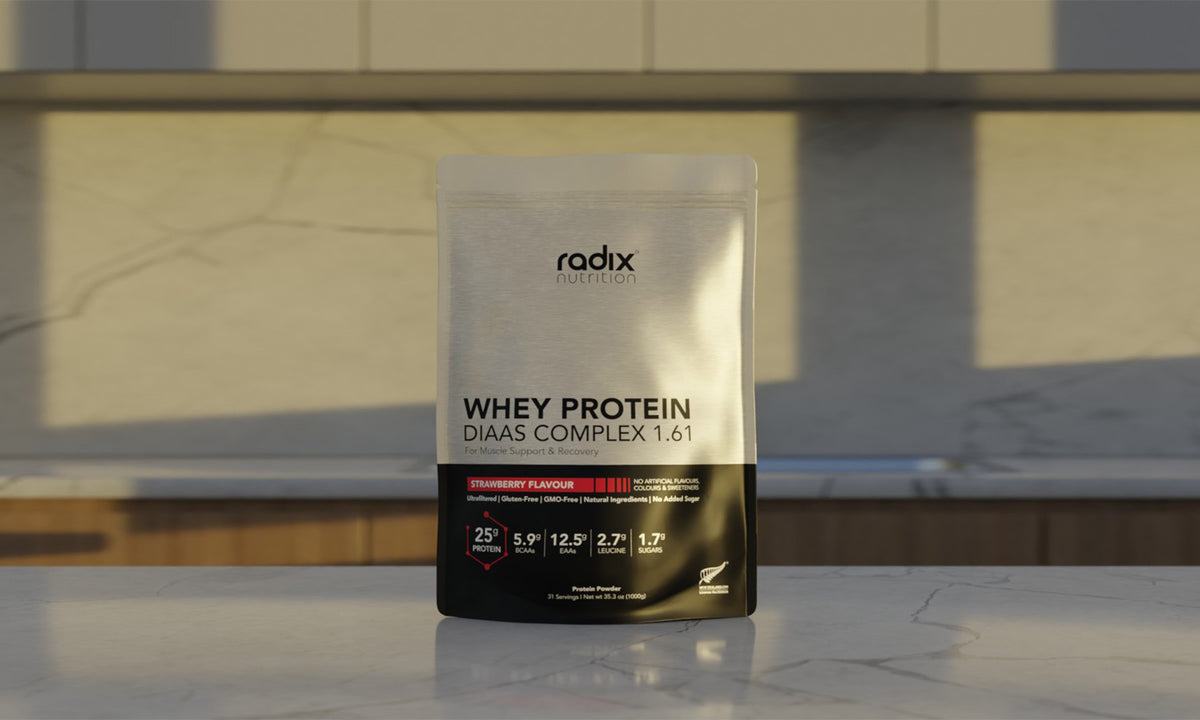Whey protein is a widely researched and commonly used dietary supplement among athletes, bodybuilders, and fitness enthusiasts. As a high-quality, complete protein source, whey protein provides all nine essential amino acids required for optimal muscle growth, repair, and overall health. In recent years, lean whey protein powder has gained significant attention due to its higher protein content and lower caloric value. This article examines lean whey protein powder, exploring its composition, benefits, and practical applications.
What is Lean Whey Protein Powder?
Lean whey protein powder is predominantly composed of whey protein isolate or a blend of isolates and concentrates. Whey protein isolate undergoes additional processing to reduce fat and lactose content compared to whey protein concentrate. As a result, it contains at least 90% protein, whereas whey protein concentrate typically comprises 70-80% protein. Consequently, lean whey protein powder is characterised by its higher protein-to-calorie ratio, making it a popular choice for individuals seeking a low-calorie, high-quality protein supplement. Read our article on Whey Protein Isolate vs Whey Protein Concentrate to learn more about these two forms.
Benefits of Lean Whey Protein Powder
1. Muscle Growth and Repair
Lean whey protein powder is rich in essential amino acids, particularly branched-chain amino acids (BCAAs) like leucine, isoleucine, and valine. These BCAAs play a crucial role in muscle protein synthesis (MPS) and have been shown to stimulate muscle growth and reduce exercise-induced muscle damage. The rapid absorption rate of whey protein further contributes to its effectiveness in promoting muscle growth and repair.
2. Weight Management
Lean whey protein powder can aid in weight management by increasing satiety and helping maintain lean muscle mass. Research indicates that consuming protein-rich meals or snacks can suppress appetite and reduce overall caloric intake. Furthermore, a higher protein intake has been shown to promote a more significant increase in energy expenditure and fat oxidation compared to lower protein diets.
3. Inhanced Immune Function
Whey protein contains several bioactive components, including immunoglobulins and lactoferrin, which can bolster immune function. Studies have demonstrated that these components exhibit antimicrobial and antiviral properties, potentially protecting against infections and promoting overall health.
4. Improved Recovery
Due to its quick absorption rate, whey protein is an ideal supplement for post-workout recovery. Research supports that consuming whey protein shortly after exercise provides the body with the necessary nutrients to repair damaged muscle tissue and support muscle growth.
Lean Whey Protein Powder vs. Regular Whey Protein
When choosing between lean whey protein powder and regular whey protein (typically whey protein concentrate), it is essential to consider the following factors:
1. Nutritional Profile
Lean whey protein powder has a higher protein content and lower fat and lactose levels compared to regular whey protein. Consequently, it provides more protein per calorie, which may benefit individuals focused on muscle growth, repair, or weight management.
2. Digestibility and Lactose Intolerance
As lean whey protein powder contains less lactose than regular whey protein, it may be more suitable for individuals with lactose intolerance or sensitivities.
3. Cost and Processing
Lean whey protein powder tends to be more expensive than regular whey protein due to the additional processing required to produce whey protein isolate. However, the increased protein content and potential benefits for specific fitness goals may justify the higher price.
Practical Applications of Lean Whey Protein Powder
To maximize the benefits of lean whey protein powder, it is essential to incorporate it into your diet effectively. Here are some scientifically supported recommendations for optimising lean whey protein powder consumption:
1. Post-Workout Recovery
Numerous studies have emphasised the importance of consuming protein, particularly whey protein, within a specific timeframe after exercise, often called the "anabolic window." This period, generally considered to be within 30 minutes to 2 hours post-exercise, is when muscles are primed for nutrient uptake, and muscle protein synthesis is most responsive. Mixing lean whey protein powder with water or milk in a shaker bottle provides a quick and convenient post-workout protein shake.
2. Meal Replacement or Snacks
Lean whey protein powder can be used as a meal replacement or snack to help control appetite and maintain satiety. Research suggests that protein-rich meals or snacks can increase fullness and reduce overall caloric intake. Blending lean whey protein powder with fruits, vegetables, and a liquid of your choice creates a nutrient-dense smoothie that can be tailored to your dietary needs and preference.
3. Incorporation into Recipes
Lean whey protein powder can be easily integrated into various recipes, such as pancakes, waffles, muffins, and protein bars. Adding protein powder to your favourite dishes can help increase their protein content, supporting muscle growth and repair and contributing to a balanced diet.
4. Pre-Workout Supplementation
While post-workout protein consumption is generally considered more critical, some studies suggest that consuming protein before exercise may provide benefits, such as reducing muscle protein breakdown and promoting a more positive protein balance during exercise. Consuming lean whey protein powder before a workout may help maintain a steady supply of amino acids, potentially improving performance and recovery.
Conclusion
Lean whey protein powder is a valuable supplement for supporting muscle growth, repair, weight management, immune function, and post-workout recovery. By understanding the science behind its composition and benefits, you can decide between lean whey protein powder and regular whey protein based on your fitness goals, dietary preferences, and budget. Regardless of your choice, incorporating whey protein into your diet effectively and prioritising factors such as resistance training, hydration, and sleep will ensure you maximise the benefits of your chosen supplement.
Check out Whey Protein DIAAS Complex 1.61 for an example of a high-quality lean protein with superior taste and texture.





